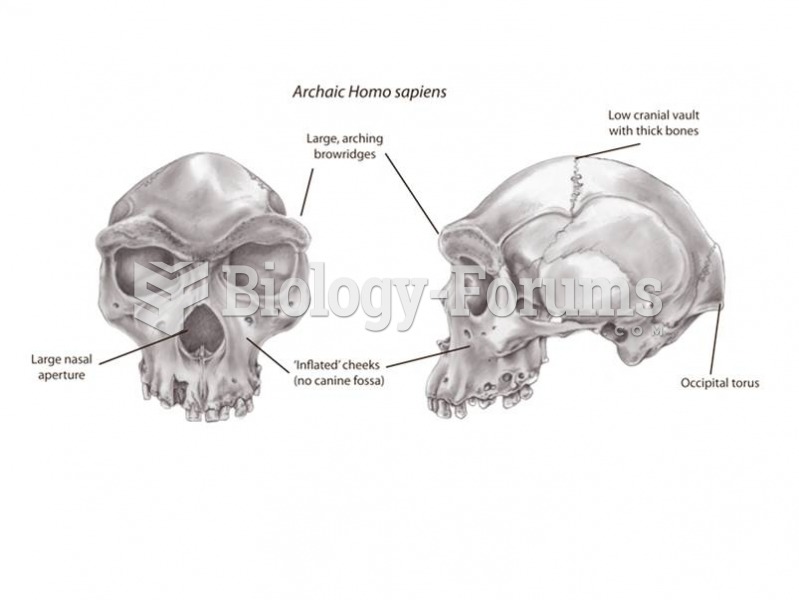Answer to Question 1
Capitalism is an economic system characterized by private ownership of
the means of production, from which personal profits can be derived
through market competition and without government intervention. Ideal
capitalism has four distinctive features:
1 . Private ownership of the means of productioncapitalis teconomies are based
on the right of individuals to own income-producing property, such as land,
water, mines, and factories. In the early stages of industrial capitalism (1850-
1890), virtually all the capital for investment in the U.S. was individually
owned. As workers grew tired of toiling for the benefit of capitalists instead of
for themselves, some of them banded together to form a labor uniona group
of employees who join together to bargain with an employer or a group of
employers over wages, benefits, and working conditions. Under early monopoly
capitalism (1890-1940), most ownership rapidly shifted from individuals to huge
corporationslargesc aleorganizationstha thave legal powers, such as the
ability to enter into contracts and buy and sell property, separate from their
individual owners. Major industries, including oil, sugar, and grain, came under
the control of a few corporations owned by shareholders. In advanced
monopoly capitalism (1940-present), ownership and control of major industrial
and business sectors have become increasingly concentrated. Economic
concentrationisthe degree to which a relatively small number of
corporations control a disproportionately large share of a nation's economic
resources. Today, many corporations are global in scope; transnational
corporations are large corporations that are headquartered in one country but
sell and produce goods and services in many countries.
2 . Pursuit of personal profitatenetof capitalism is the belief that people are
free to maximize their individual gain through personal profit. In early monopoly
capitalism, some stockholders derived massive profits from companies that held
near monopolies on specific goods and services (such as the American
Tobacco Company). In advanced (late) monopoly capitalism, profits have
become even more concentrated (such as Nike or Dell computer). 3.
Competitionintheory, competition acts as a balance to excessive profits.
When producers vie with one another for customers, they must be able to offer
innovative goods and services at competitive prices. In early monopoly
capitalism, competition was diminished by increasing concentration within a
particular industry (such as Standard Oil Company). An oligopoly exists when
several companies overwhelmingly control an entire industry (such as the
music industry). A shared monopoly exists when four or fewer companies
supply 50 percent or more of a particular market (such the Big Three U.S.
automobile manufacturers).
Answer to Question 2
False







